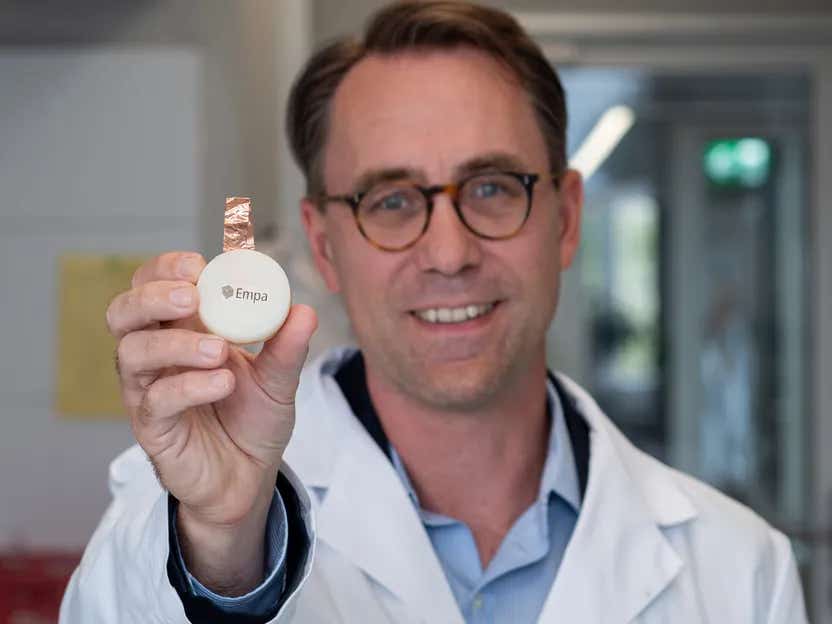Are women more attractive to men on days when they are fertile?
Researchers have tested how body odor changes during the female cycle and whether men perceive it differently depending on the day

There is ongoing debate in research about the theory that a woman’s body odor is more appealing to men around ovulation. (CREDIT: Creative Commons)
Researchers recently tested how body odor changes during the female menstrual cycle and whether men perceive it differently depending on the day of the cycle. They collected underarm odor samples from 29 women over ten days throughout their menstrual cycle, focusing more on the fertile period. Ninety-one men then rated these odor samples.
Additionally, in 16 women, researchers examined if the chemical composition of the odors differed between fertile and infertile days.
The results from both tests showed no evidence that men found a woman’s odor more attractive or preferred her more on her fertile days compared to her infertile days. Chemical analysis of the odor samples also revealed no correlation between the composition of the underarm odor and the women's fertility status.
There is ongoing debate in research about the theory that a woman’s body odor is more appealing to men around ovulation. The findings from Leipzig and Göttingen contribute to this discussion. Madita Zetzsche, a biologist and the study's first author, highlights that their results differ from some previous studies due to their combined and robust methodology.
“The female cycle is incredibly complex, making research into its effects challenging, especially regarding methodology,” Zetzsche explains. Unlike previous studies that only considered cycle length to determine fertile days, this study also confirmed ovulation using hormones, providing greater accuracy. “With more robust methods available, newer and more rigorous studies may reach different conclusions than those from ten years ago,” she adds.
There are still no agreed-upon methodological standards for studying cycle-related perceptual effects, such as changes in body odor perception between fertile and non-fertile days. Professor Lars Penke, a psychologist at the University of Göttingen who led the perceptual analysis, hopes their study will foster dialogue and lead to a robust methodological standard, allowing for re-examination of older findings.
Related Stories
The research team views their study as an important contribution to understanding whether changes in body odor can be chemically detected, a question that has lingered for decades. Professor Anja Widdig, a biologist from Leipzig University who led the chemical analysis, hopes this study will inspire further research into the chemical components of body odor.
Evolutionary questions also intrigue the researchers. “In some non-human primates, my team and I have shown a link between body odor and fertility. Understanding how this phenomenon developed in human evolution is of great interest to us,” Widdig says.
This study's findings challenge previous notions about body odor and fertility, emphasizing the need for rigorous and accurate methodologies. By improving how researchers study these effects, future research may offer clearer insights into the complex interplay between body odor, hormonal changes, and human attraction.
Note: Materials provided above by The Brighter Side of News. Content may be edited for style and length.
Like these kind of feel good stories? Get The Brighter Side of News' newsletter.
Rebecca Shavit
Science & Technology Journalist | Innovation Storyteller
Based in Los Angeles, Rebecca Shavit is a dedicated science and technology journalist who writes for The Brighter Side of News, an online publication committed to highlighting positive and transformative stories from around the world. With a passion for uncovering groundbreaking discoveries and innovations, she brings to light the scientific advancements shaping a better future. Her reporting spans a wide range of topics, from cutting-edge medical breakthroughs and artificial intelligence to green technology and space exploration. With a keen ability to translate complex concepts into engaging and accessible stories, she makes science and innovation relatable to a broad audience.



